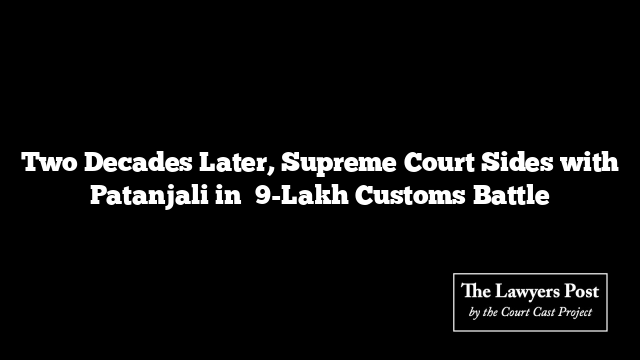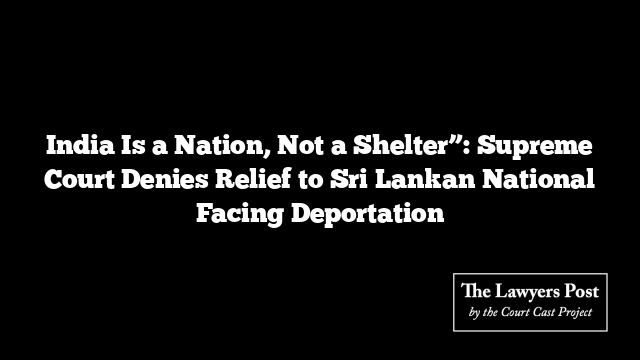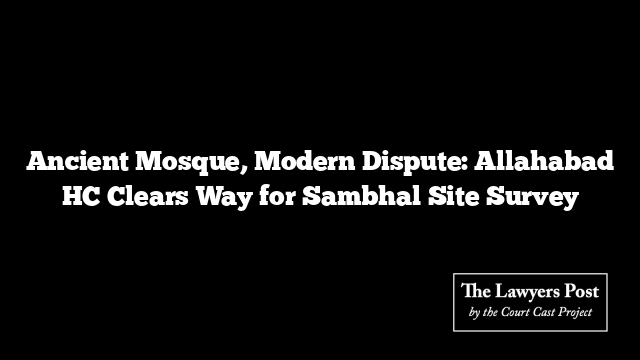In a significant win that closes a legal chapter spanning over two decades, the Supreme Court has ruled in favour of Ruchi Soya Industries Ltd., now owned by Patanjali Foods, in a longstanding customs duty dispute that began in 2002.
The top court overturned the Gujarat High Court’s earlier decision that had denied Ruchi Soya a refund of ₹9.19 lakh, which was forcibly recovered by customs authorities through the encashment of a bank guarantee. The ruling came from a Bench comprising Justices Abhay S Oka and Ujjal Bhuyan, who found that the customs department had no legal ground to retain the amount and directed it be refunded within four months—along with 6% interest.
Calling the enforcement tactic “coercive,” the Court said that encashment of the bank guarantee did not equate to a lawful duty payment, particularly when the underlying legal issue was pending. “They could have waited,” the Court noted, emphasizing that the notification which formed the basis of the customs demand was not even in the public domain at the time the oil was imported.
The dispute began in September 2002 when Ruchi Soya imported crude, degummed soybean oil through the Jamnagar port. Customs authorities demanded duty based on tariff values under Section 14(2) of the Customs Act, instead of transaction value under Section 14(1). Ruchi Soya challenged this, claiming the tariff notification hadn’t been officially published and thus had no legal force.
Although the Gujarat High Court initially allowed provisional clearance against a bank guarantee, it ultimately dismissed Ruchi Soya’s case in 2012, paving the way for customs to encash the guarantee.
But the legal tide turned in 2015 when the Supreme Court, in Union of India v. Param Industries Ltd, ruled that tariff value notifications had to be publicly available to be enforceable. Ruchi Soya seized this opportunity to seek a refund, arguing that the earlier duty demand was invalid. Customs, however, refused, invoking the doctrine of unjust enrichment—that is, the principle that no refund is due if the importer passed on the duty cost to others.
The Gujarat High Court once again sided with customs in 2016, stating that once the guarantee was encashed, the amount became “duty” under law and any refund would have to comply with Section 27 of the Customs Act, including the unjust enrichment clause.
Ruchi Soya, undeterred, took the fight to the Supreme Court—and won.
This case may have modest financial implications, but symbolically, it’s a notable legal win for Patanjali, which acquired Ruchi Soya in 2019 through an NCLT-approved ₹4,350 crore rescue plan. The company, now a key part of Patanjali’s consumer goods empire, can finally close the books on a legacy dispute that predates its acquisition by nearly two decades.
Representing Patanjali in the Supreme Court were Senior Advocate Balbir Singh and Advocates Rajesh Rawal, Karan Sachdev, and Ashwani Kumar.





